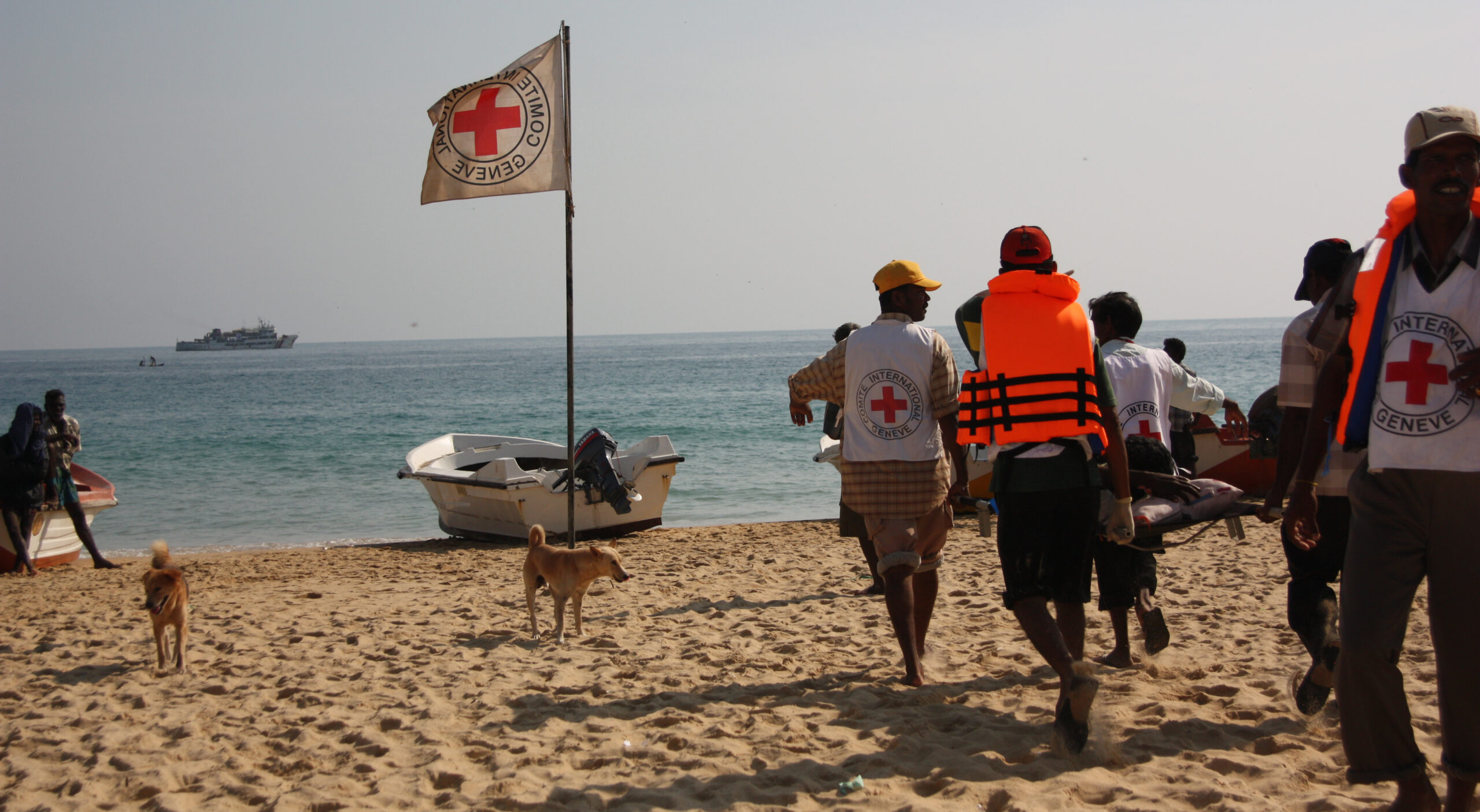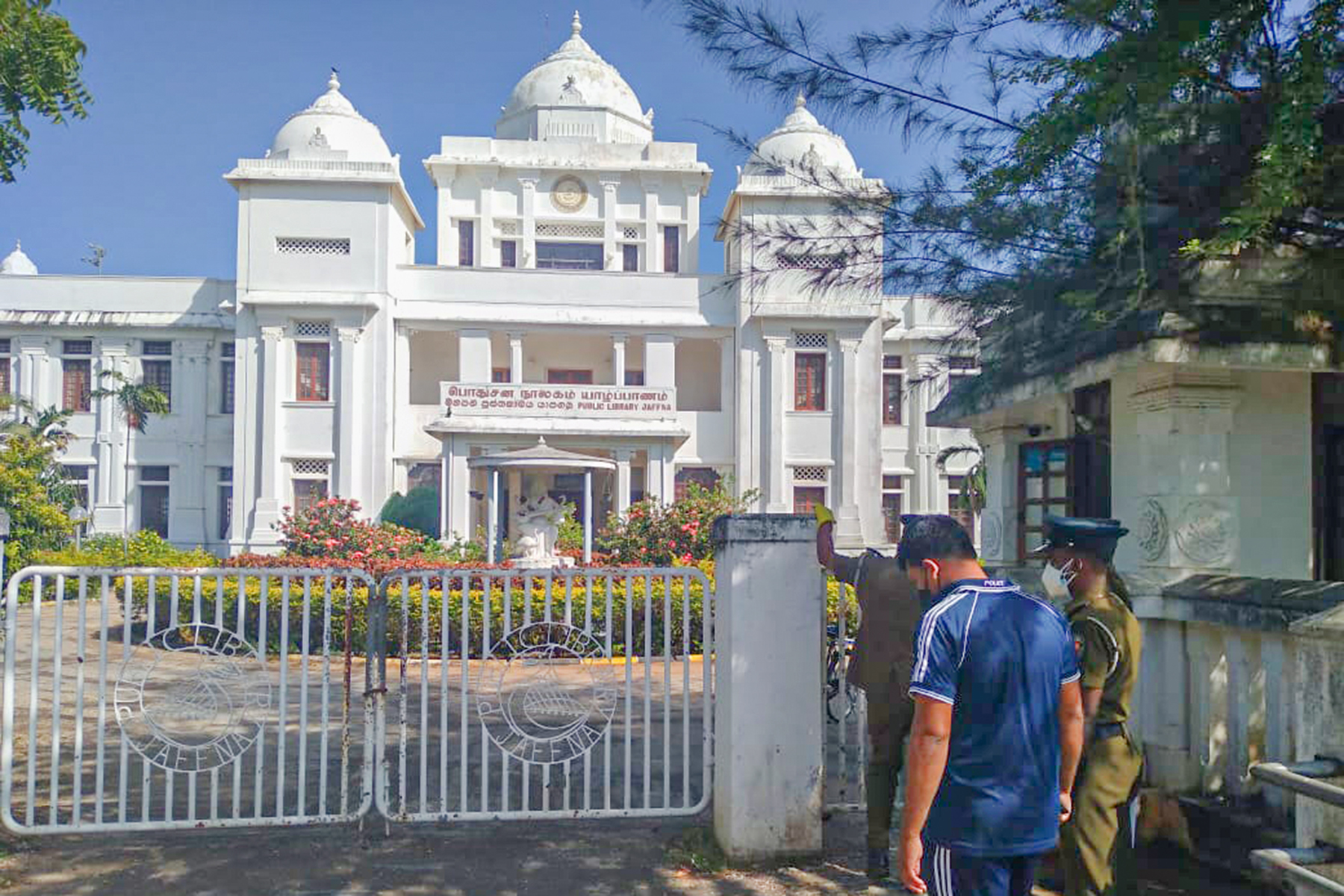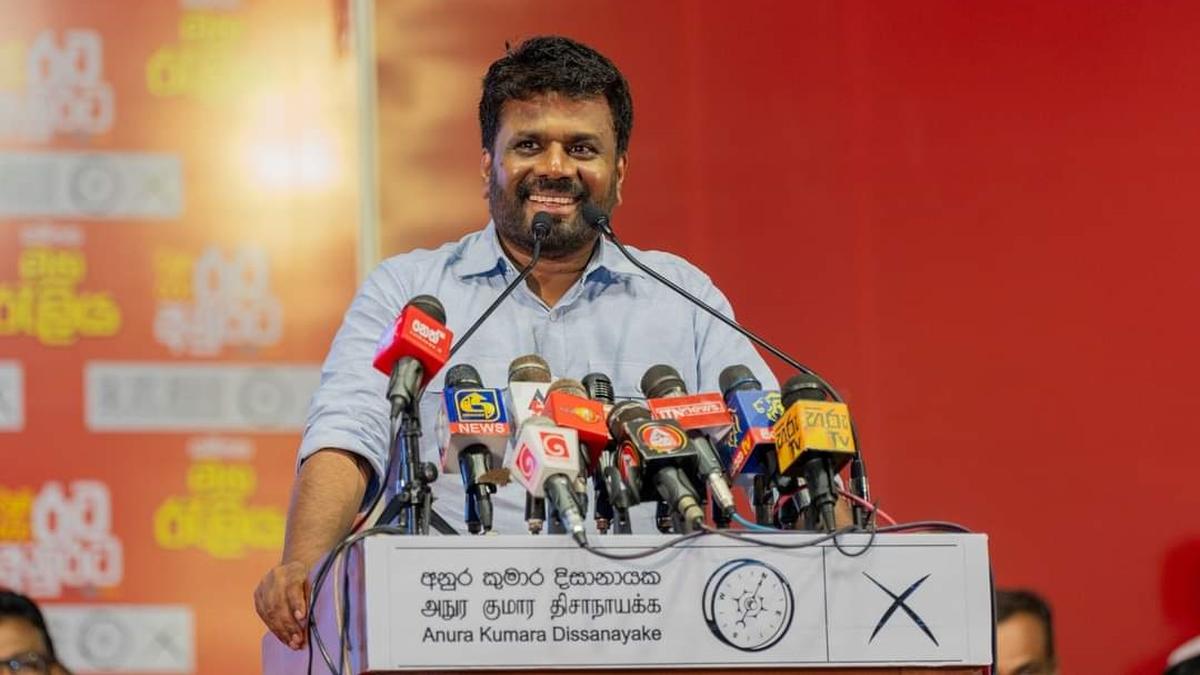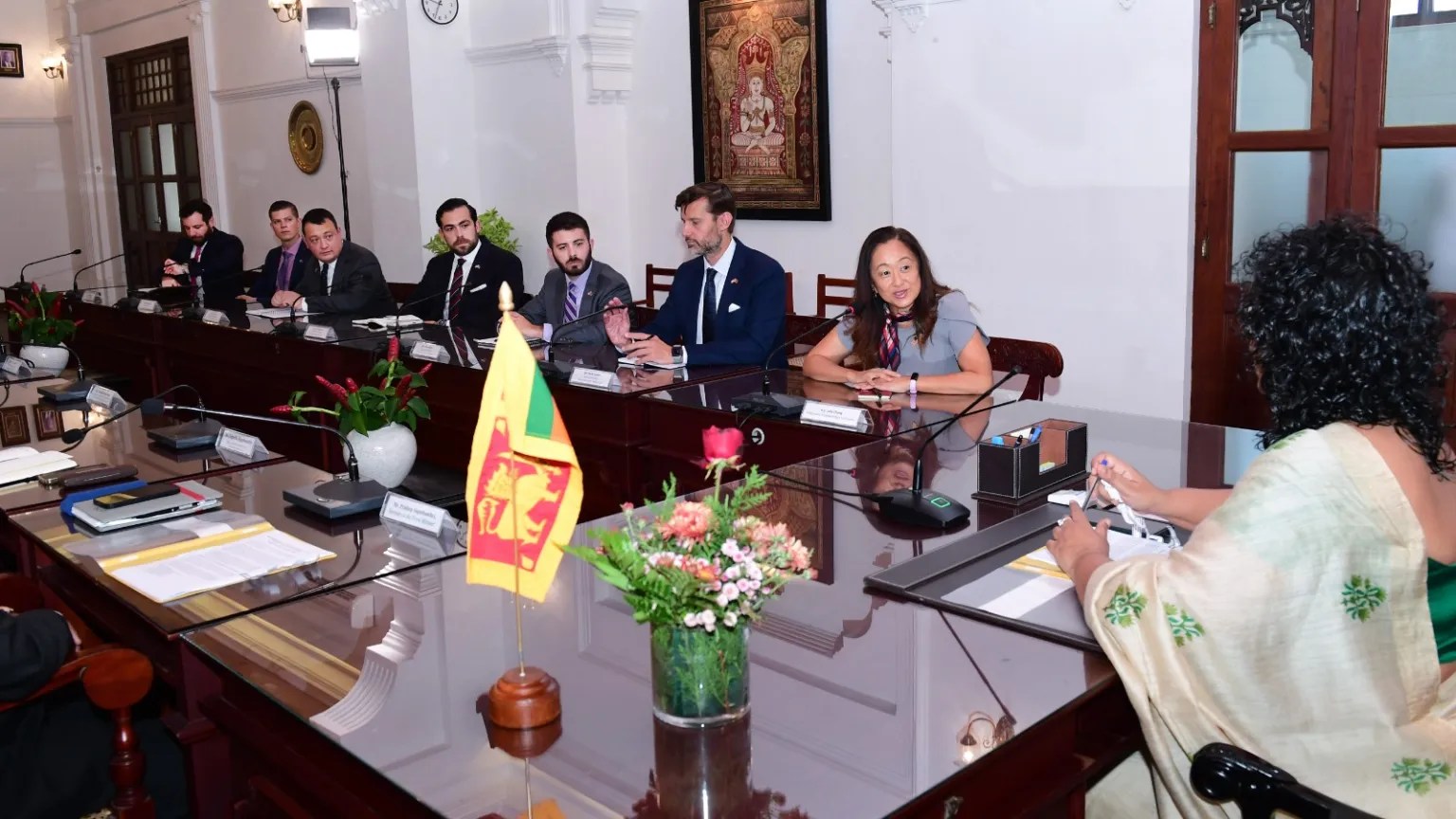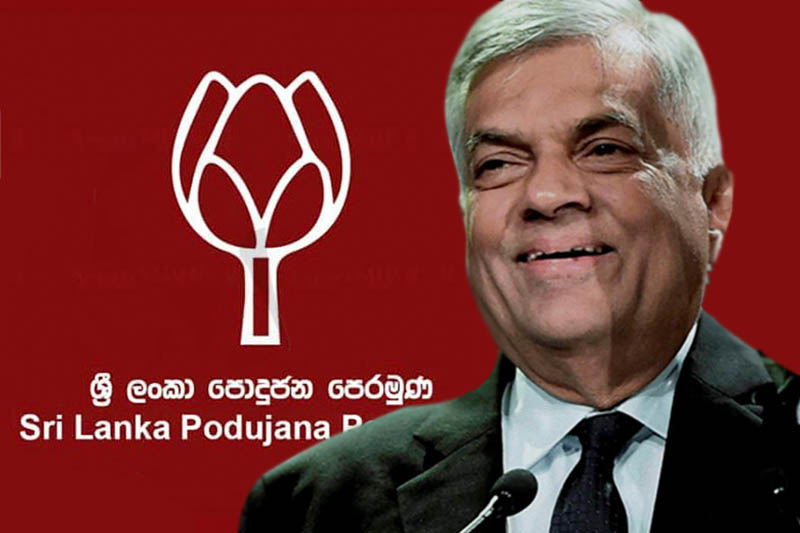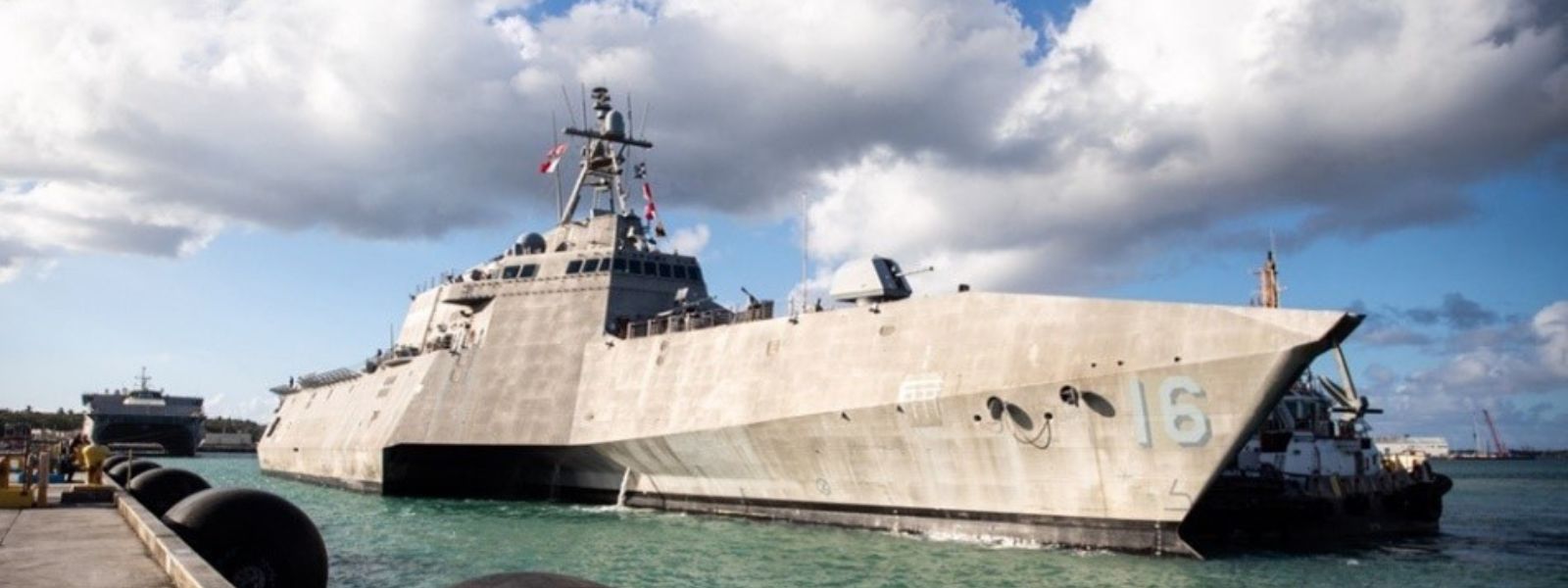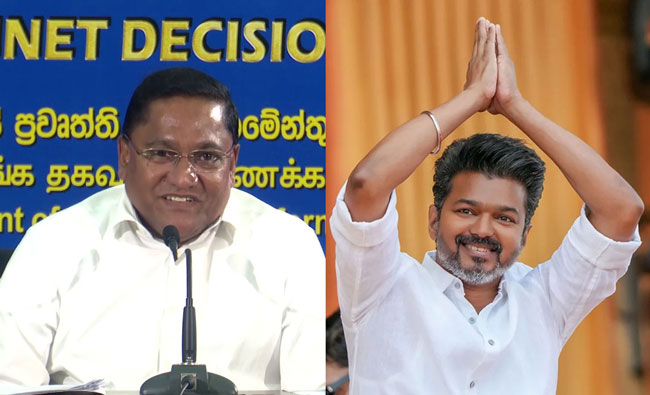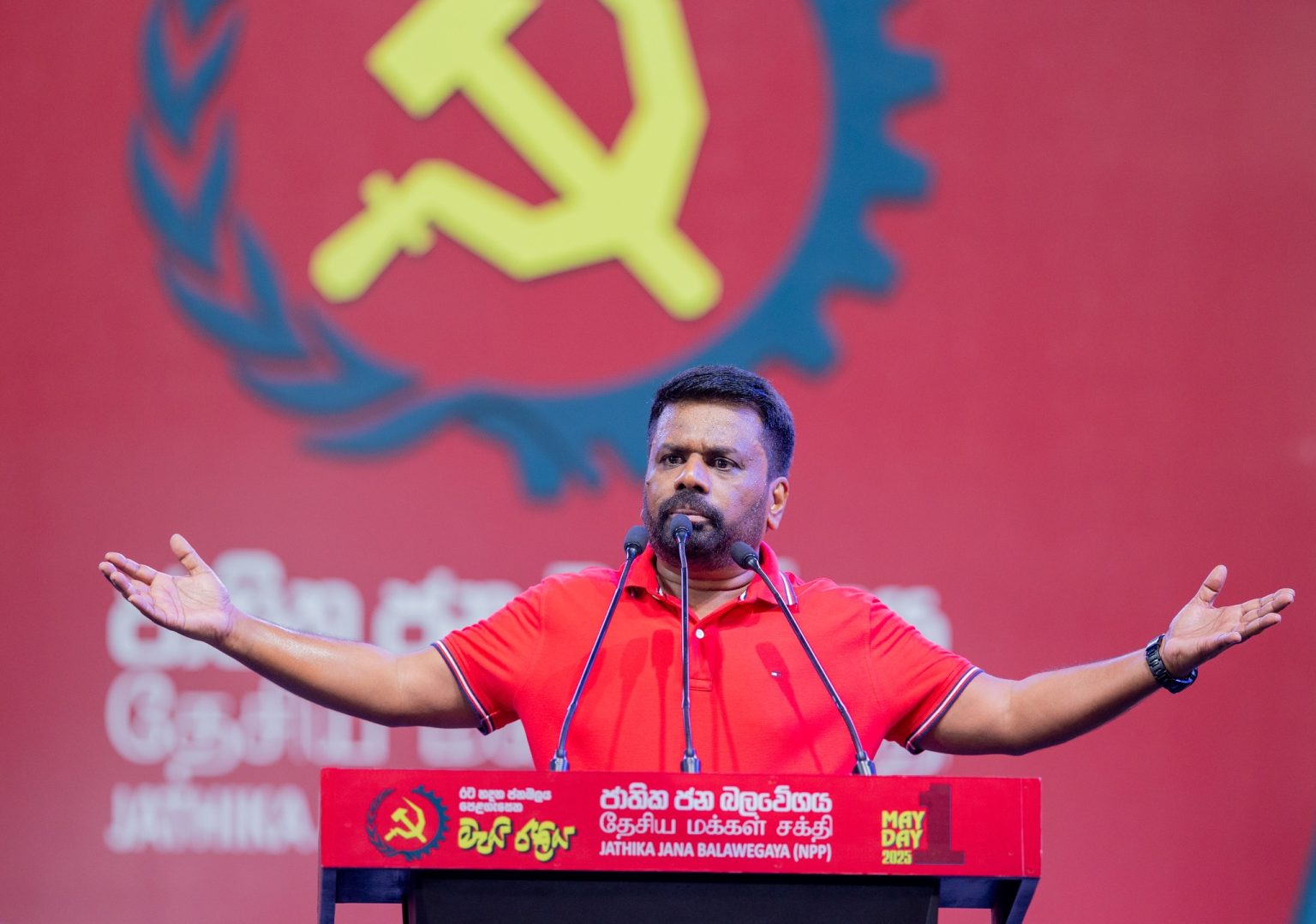The International Committee of the Red Cross (ICRC) says thousands of families of missing persons from all communities across Sri Lanka are still waiting for answers while struggling to cope with multiple challenges at family, community and societal levels.
In a statement to mark the International Day of the Disappeared on 30th August, the ICRC said that not knowing the fate or whereabouts of their missing loved ones, they continue to endure suffering and anguish that transcend differences.
Every effort must be made to establish the fate of missing persons while their relatives must be able to live in dignity, the ICRC said.
For over a decade, the ICRC has implemented a comprehensive, island-wide support programme in Sri Lanka to address the multifaceted needs of families of missing persons, assisting over 10,000 families.
The ICRC will continue engaging with families of missing persons to strengthen their capacities to play an active role in processes aimed at providing them with answers, and to encourage collective action where possible. In parallel, the ICRC works with national authorities and relevant stakeholders to reinforce their ability to address effectively the needs of families of missing persons, including their fundamental right to know.
Drawing on its global experience, the ICRC stands ready to continue sharing its technical expertise with relevant stakeholders in Sri Lanka, in order to contribute to the process of clarifying the fate and whereabouts of missing persons, in accordance with its humanitarian mandate.


